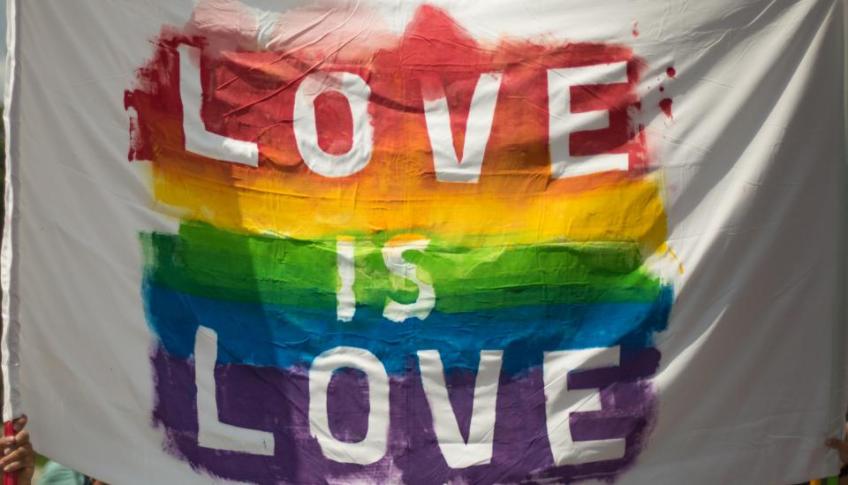
Data and privacy are especially important in the context of the anti-gay clampdown in Tanzania. Currently, the digital world and the governments of most countries are setting up measures to ensure data is protected while most African countries are still at the stage that views the internet as a revolutionary weapon. In relation to gender as well, there are policies yet to be implemented, policies not yet brought to the table for discussion and the in-between of policies that are not inclusive or efficient.
Democracy is defined as a government of the people, by the people and for the people, which also applies when talking about an equal and equitable society both offline and online. Any country that identifies itself as being democratic must acknowledge that public interest is the foundation on which it is founded. We cannot talk about amplifying people’s voices without acknowledging the diversity of people and their unique perspectives. In 2014, the African Union (AU) members adopted the African Union Convention on Cyber Security and Personal Data Protection and 55 member states of the African Union signed the convention. However, even in the light of this, countries in Africa still are lagging behind and most are yet to release a data and privacy policy.
Recently a prominent governor of the business capital of Tanzania, Dar es Salaam, came on media to publicly announce a 17-person strong surveillance team to track gay people. About potentially facing international criticism, he said, "I prefer to anger those countries than to anger God." The governor also recently called out a celebrity, Amba Rutty, who was brought to court, failed to meet bond and is still in custody.
Gay communities are in fear since this public announcement of surveillance of all the residents in Dar es Salaam in the name of "cleaning up the city". The governor emphasised that the task force created was going to be able to identify phones that have sexual contents and social media groups or texts that were promoting gay "behavior or prostitution". Following the release of this information, the governor has reported on his social media account that he received over 5,000 messages with the names of over 100 gays. Homosexuality in Tanzania is illegal according to the outdated laws that the country adopted during colonialism.
Continue reading at GenderIT.org.